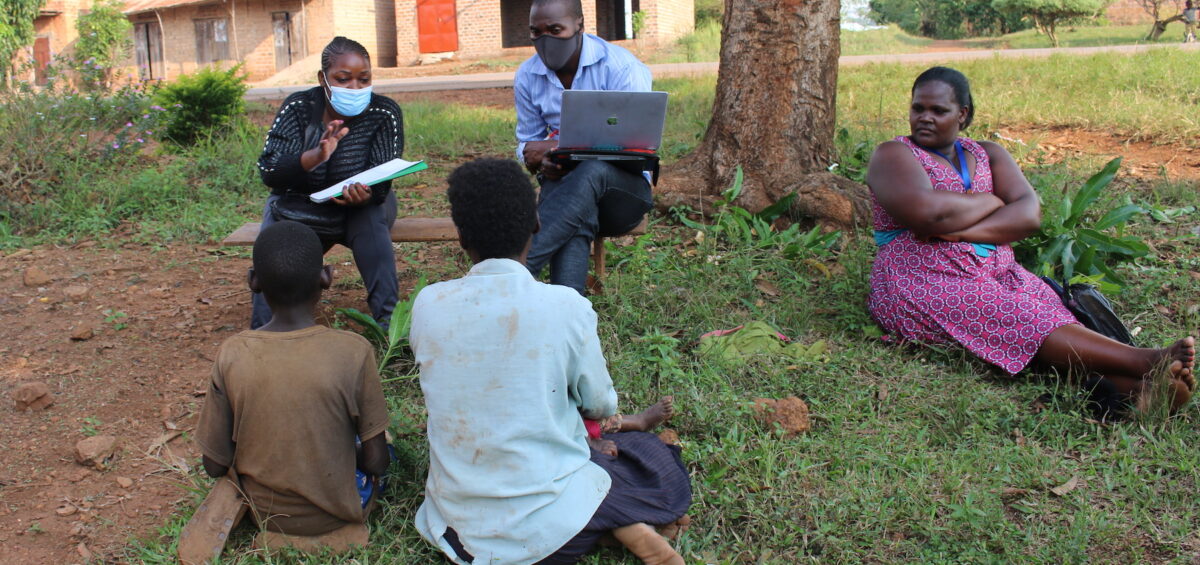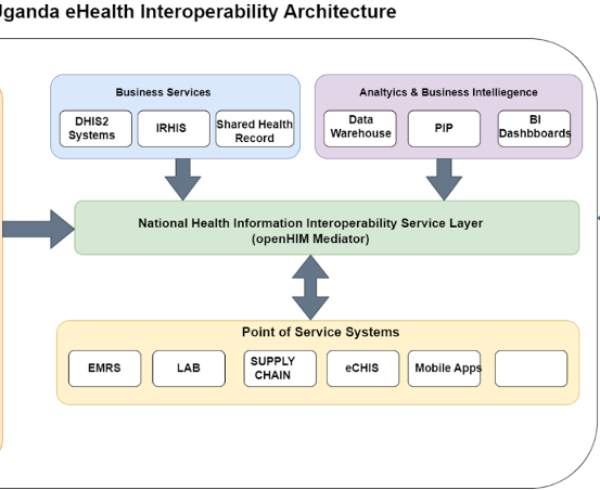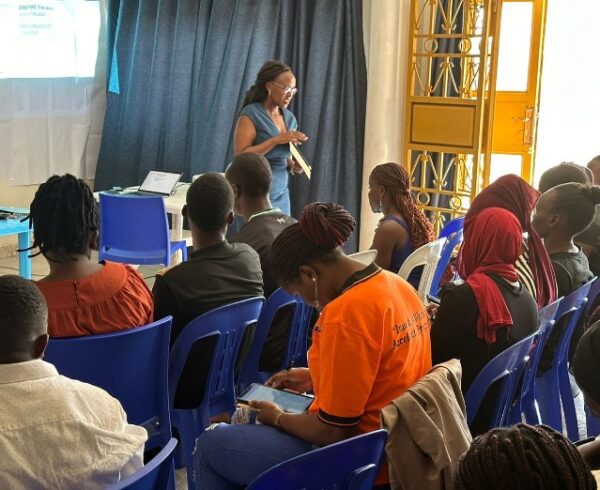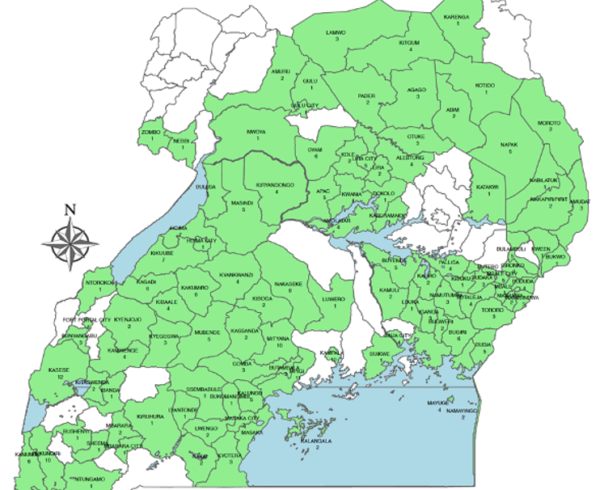METS in partnership with USAID/SITES conducted a follow-on OVC Inter-Agency SQA in August 2020. The previous OVC SQA focused more on assessing knowledge of the service provider (CSO) to deliver quality services rather than assessing level of satisfaction of the beneficiary with services provided or intent of program support to transform livelihoods. This SQA focused on assessing beneficiary level of satisfaction with services provided at the household.
The aim of the PEPFAR OVC program is to contribute to ending the HIV epidemic among children & adolescents leaving with HIV (C/ALHIV) in Uganda. The Uganda Country Operational Program was ambitious to enroll additional C/ALHIV and ensure that the HIV virus is suppressed. Continuous assessment of competence of services and attention to utilization of Strategic Information for program management
The 2020 SQA assessed and documented progress achieved in improving provision of quality OVC Services but also identified any persisting gaps in provision of quality OVC services under each of the four OVC domains while the Household assessments helped to assess the beneficiary satisfaction with quality of services. The specific objectives included:
- Verifying and documenting progress achieved in improving provision of quality OVC services,
- Assessing beneficiary level of satisfaction with service provided focusing on clients reported during October 2019 to March 2020 through the OVC Tracker.
- Documenting at least one most significant change story (intended or unintended consequences of quality of interventions) from each CSO
- Identifying challenges that affected provision of quality OVC services, including any systematic problems with the PEPFAR guidance given on provision of OVC services, and recommend actions to ensure provision of quality OVC services, and
- Follow-up implementation of recommendations made during the FY2019 OVC SQA
- Follow-up implementation of Service Provider Quality Improvement Projects (completed and ongoing)
The target population for the OVC SQA included CDC supported OVC implementing partners (IPs), technical staff at Service Provider level involved in provision and documentation of OVC services and OVC & OVC caregivers in sampled beneficiary households who received services from the October 2019 – March 2020.
A total of 554 households receiving services from 67 providers were visited in 27 Districts. The interactions followed strict standard operating procedures as advised by Ministry of Health. Technical feedback was given during sessions with the CSOs.
A number of Implementing Partners were involved and these included IDI, Mildmay Uganda, RHITES, Baylor Uganda




